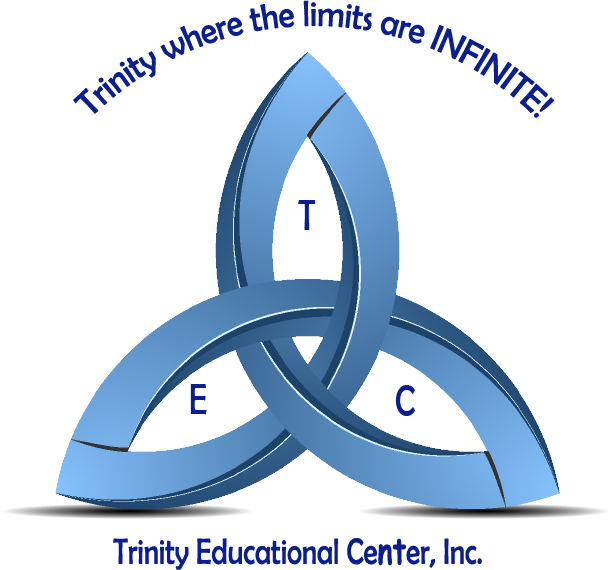Juneteenth
wanted to share some information gathered by M.E. and it is lengthy but educational. Thank you, M.E. for your time spent gathering facts.
Juneteenth is a holiday that marks the date, June 19, 1865, when Union soldiers arrived in Galveston Bay, TX, to announce that more than 250,000 people, previously enslaved as African Americans, had gained their freedom with the passage of the Emancipation Proclamation (13th amendment to the US Constitution) on January 1, 1863 -- nearly two-and-a-half years earlier. The United States was nearing the third year of a bloody civil war, primarily fought over the issue of slavery, and the proclamation declared that all persons held as slaves in rebellious states "shall be then, thenceforward, and forever free." It was an imperfect law since slavery ended only in "the rebellious states," those that had seceded from the United States. Slavery remained in place in the border states that remained loyal to the Union. You may read more about the Emancipation Proclamation, signed by President Abraham Lincoln, here.
Prior to the arrival of Union troops, many slaves had already rebelled against their slaveholders and escaped. A brigade of the 25th Army Corps, comprised of more than 1,000 African American soldiers, had already arrived in Galveston Bay -- on June 5, 1865 -- to proclaim people's hard-won freedom, and they chased the rebel government and soldiers into Mexico. Thanks to their bravery, it is estimated that thousands of African Americans escaped to freedom prior to Union Major-General Gordon Granger's arrival. You may read about this history here. The soldiers of this army brigade and the people who escaped had already demonstrated that hunger for freedom courses through all of us, and that rebellion is a natural, human reaction to injustice and oppression. It does not require a proclamation or a law. It is our natural state and, according to the Declaration of Independence in 1776, a God-given right.
Although Union Major-General Gordon Granger's speech laid out a grand vision of freedom as protected by the 13th amendment to the U.S. Constitution, many previously enslaved Americans were subsequently employed, but for all practical purposes, and despite its illegality, under a new form of indentured servitude. You may read an excerpt of Union General Granger's speech and learn more about that history here and here; you may learn more about indentured servitude here and other difficulties faced by African Americans in Texas during the post-Civil War Reconstruction era here. African American men obtained the right to vote in 1870 through the passage of the 15th amendment to the U.S. Constitution, and other rights were granted, though imperfectly, through the 13th and 14th Amendments; women gained the right to vote in 1920 with the 19th amendment. Because of our federal system, which includes protections for states' rights, these newly gained rights were not uniformly applied or enjoyed.
Still to this day, we as Americans and citizens of the United States must work to protect basic human rights, voting rights, and equality for all. It is for this reason that we are celebrating Juneteenth today, a request made by one of our residents and candidates for the local office, Lydia Diamond. On June 17, 2021, President Joe Biden made Juneteenth an official federal holiday, and for many workers in our country, Juneteenth is a paid holiday.
Frederick Douglass' "What to the Slave is the Fourth of July?" (1852)
For our inaugural city celebration of Juneteenth, the South Burlington City Council chose to have a commemorative reading of Frederick Douglass' "What to the Slave is the Fourth of July?," which Douglass first delivered before an audience of 600 assembled in Rochester, New York on July 5, 1852. An escaped slave and abolitionist, in addition to being a famous orator, writer, and later a statesman as U.S. Minister Resident to Haiti (1889-1891), Douglass accepted an invitation to speak at an anti-slavery event, originally scheduled for July 4, the date of our nation's birth, called Independence Day in honor of the Declaration of Independence. The event was organized by the Rochester Ladies' Anti-Slavery Society. Though invited to speak on July 4, Douglass chose to speak the day after to draw attention to the fact that in 1852, and in all the years afterward until the abolition of slavery, not all Americans could celebrate independence. The topic of his speech came on the heels of the Fugitive Slave Act of 1850, when federal law made it illegal not to arrest and return fugitive slaves, which coincided with the rise of the nativist Know Nothing Party.
Douglass would deliver his speech on July 5 many more years afterward, and one of our event headliners, poet Major Jackson, brought this tradition back to life in our state through his work as a longtime and consequential board member and chairman of the Vermont Humanities Council. Jackson was appointed by Governor Jim Douglas. Since both Juneteenth and Frederick Douglass' speeches share the same rebellious spirit of freedom enshrined in our nation's founding documents -- the Declaration of Independence, the Constitution, and the Bill of Rights (the first 10 amendments to the Constitution) -- and embody our founding principles as a people, principles that we celebrate as the God-given rights of all Americans, the South Burlington City Council chose to commemorate Juneteenth through the reading of Douglass' speech, which has remained as powerful as it was when first delivered in Rochester's Corinthian Hall over 170 years ago. They are integral to our nation's history and to who we are as Americans.

